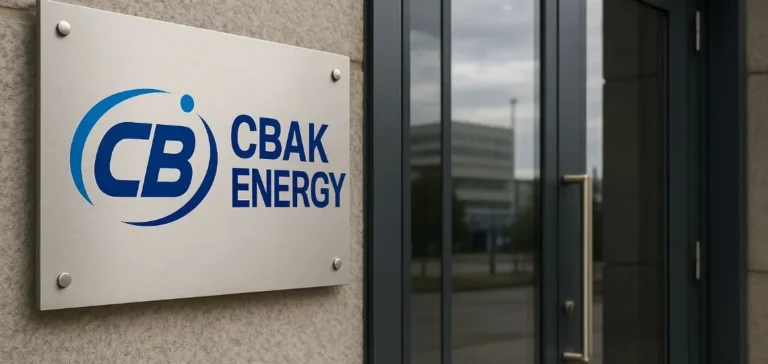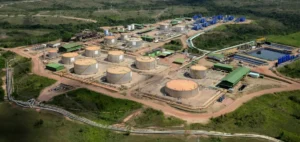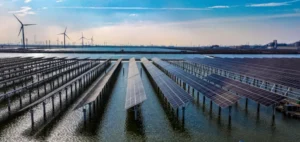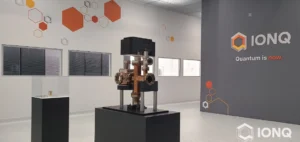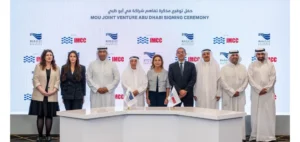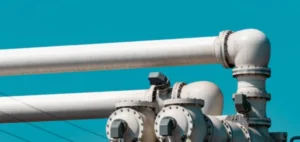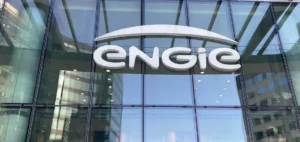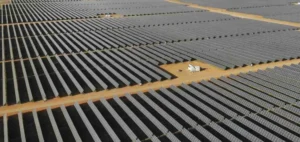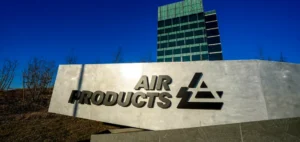Chinese battery manufacturer CBAK Energy Technology Inc. (CBAK Energy) and technology company Anker Innovations Technology Co. Ltd. (Anker Innovations) have announced the establishment of a lithium-ion battery cell manufacturing facility targeting the global market, located in Malaysia. This strategic partnership notably includes the creation of a production site specialising in cylindrical Lithium Iron Phosphate (LFP) battery cells, specifically models 32140 and 40135. The project, with work starting immediately, is expected to be operational for mass production by the end of 2025. Potential orders resulting from this partnership are valued at approximately $357 million.
Industrial expansion into Malaysia
The new industrial facility is part of an international development initiative led by CBAK Energy, which recently completed the registration of its local entity in Malaysia. According to project officials, the renovation work for the plant is expected to start as early as next month, marking the effective launch of operations on the ground. This expansion aims to meet the strong demand for cylindrical lithium-ion battery cells used in highly popular portable power products, notably in the American market.
Since 2022, Anker Innovations has intensified its purchases of battery cells from CBAK Energy, becoming its largest international customer. This increased commercial relationship has primarily focused on the LFP cylindrical battery cells, model 32140, specifically dedicated to portable energy solutions developed by Anker Innovations.
Strengthened cooperation framework
Within this new long-term cooperation framework, Anker Innovations and CBAK Energy plan to intensify their commercial exchanges. This collaboration notably forecasts potential orders worth several hundred million dollars, accompanied by substantial advance payments to ensure operational continuity at the industrial site in Malaysia.
Zhiguang Hu, Chief Executive Officer of CBAK Energy, noted that “this long-term strategic collaboration, combined with the significant volume of anticipated orders, clearly demonstrates Anker Innovations’ confidence in our technical expertise and manufacturing quality.” He also added that his company would allocate all necessary internal resources to the success of this major project.
Strategic importance of international markets
The partnership between CBAK Energy and Anker Innovations comes at a time when global demand for lithium-ion batteries continues to grow, particularly in North American and Asian markets. The new factory in Malaysia should thus enable the two companies to better meet customer expectations, especially regarding portable devices and individual energy storage solutions.
The acceleration of this industrial cooperation highlights the current dynamism within the global lithium-ion battery industry and the international growth ambitions of the companies involved. This industrial installation further consolidates Malaysia’s strategic position as a regional manufacturing hub for high-tech products aimed at the global market.


